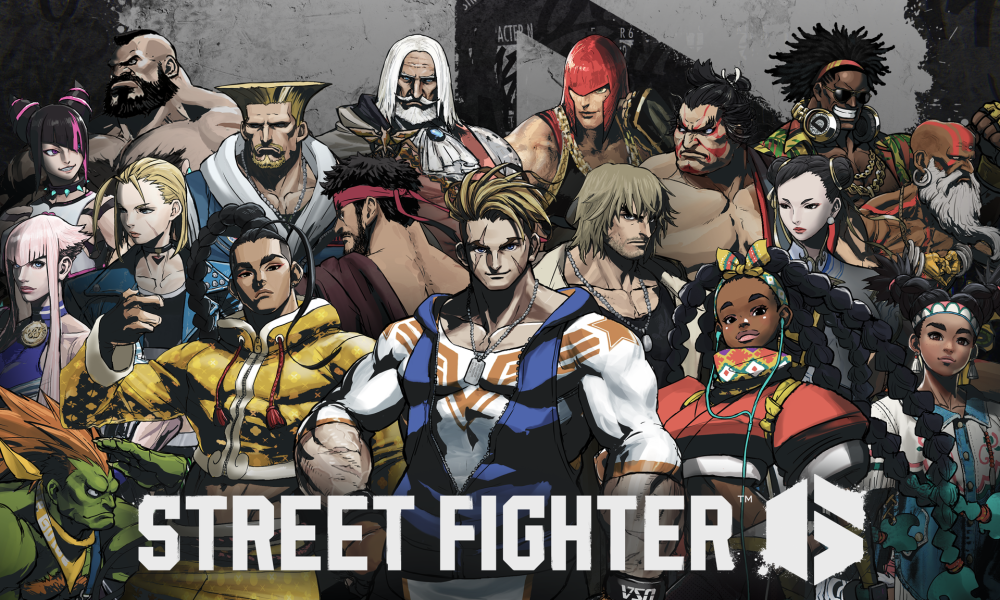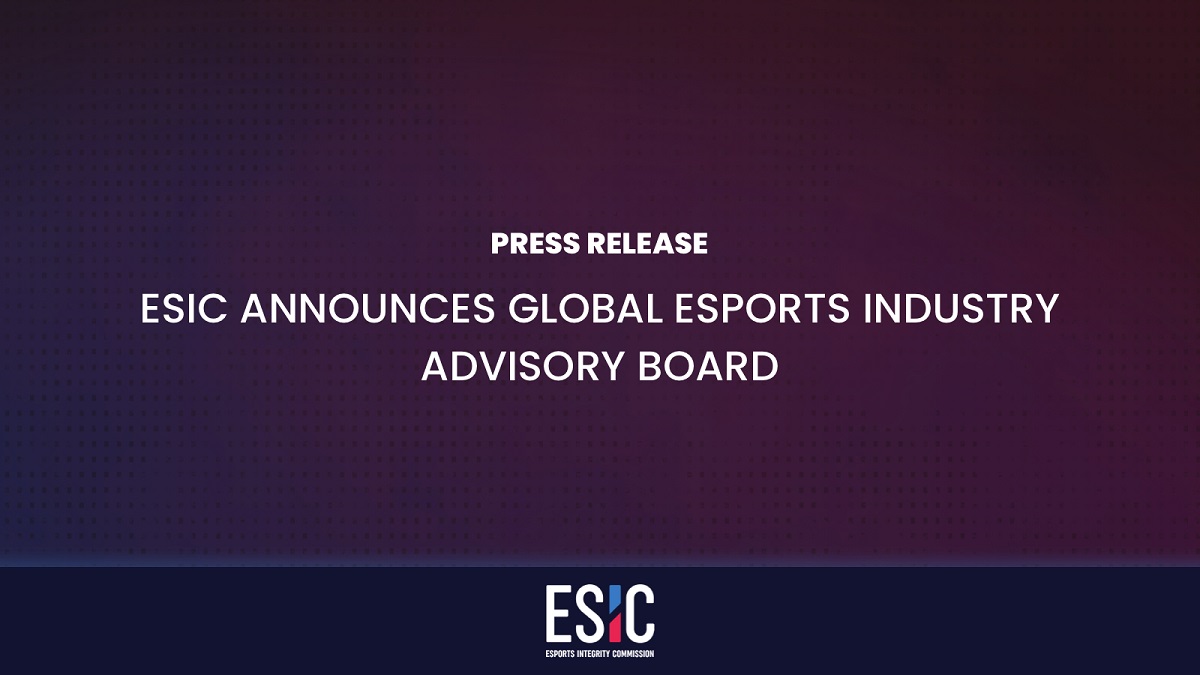Championing inclusivity
Central to fostering diversity is the need to be more inclusive. And that is where the GEF has also made significant inroads, especially with promoting esports and events in the Middle East.
While esports had made tremendous strides in the dominant markets of Europe, North America and Asia, elite-level, international events are still in its infancy in the Arab world.
The GEF brought two events to the Middle East in its inaugural Global Esports Tour, which opened in Los Angeles in September 2021, before moving to Riyadh in October and Dubai in November.
Aptly, the United Arab Emirates became the 100th Member Federation to join the GEF in August 2021. To date, the GEF has 105 Member Federations.
For the 18-19 December GEG world finals, which will feature over 100 esports athletes from over 40 countries, the GEF has taken the extra step of assembling a Team #worldconnected — which brings athletes of different backgrounds, including those who represent the refugee community, people with disabilities, wounded servicemen and women, and other underserved communities.
Among the athletes in Team #worldconnected is Roby Hormis, a former refugee from Iraq who is now based in the Netherlands. He will compete in eFootball alongside Brazil-born Yuri “Yuri_FPOLIS” Andrade, who now resides in the United States.
And for the pair, initiatives like Team #worldconnected are what makes the GEF a refreshing addition to the global esports ecosystem.
Said Yuri_FPOLIS: “For me, just inviting people from all around the world, from different backgrounds, is a big step to making esports something the whole world can enjoy. It’s awesome and that is something amazing that the GEF is doing.”
Inclusivity is, however, not confined to the athletes.
As part of the Singapore 2021 GEG, GEFCon will bring together thought leaders in esports, sports, technology, and entertainment to explore topical issues facing the industry such as the role of fintech in esports, the future of entertainment, and how organizations are moving from sponsorship to partnership.
There is also the GEFestival, a two-week virtual celebration of esports in the build-up to GEG 2021. It features community gaming, music and entertainment for the gaming communities of the world.
As with any organization, the formative years are crucial. It is where one builds stability and strong roots to form a firm foundation for growth. With a strong base, already established in its first two years, the global esports community can look to many more initiatives that will excite and positively impact esports.
Among the initiatives on the horizon are the expanding of the GEF’s presence in the metaverse with its partnership with 888 The New World, and an exciting line-up of Global Esports Tour and GEG 2022 as the flagship event moves to Istanbul, Turkey.
Said GEF CEO Paul J. Foster: “Just like the dynamic industry that is esports, the GEF also needs to constantly evolve and innovate to cater to an ever-changing target audience and market.
“But as we look to strengthen and add to the many initiatives and partnerships we had built in our first two years, our ethos of bringing inclusivity and celebrating diversity in esports will always remain central to what we do.”






 Esports betting is still grappling with a perception problem amongst operators. Despite the leaps and bounds in product development made by suppliers – particularly in the last two years – esports hasn’t shaken off the image built in the late 2010s.
Esports betting is still grappling with a perception problem amongst operators. Despite the leaps and bounds in product development made by suppliers – particularly in the last two years – esports hasn’t shaken off the image built in the late 2010s.










